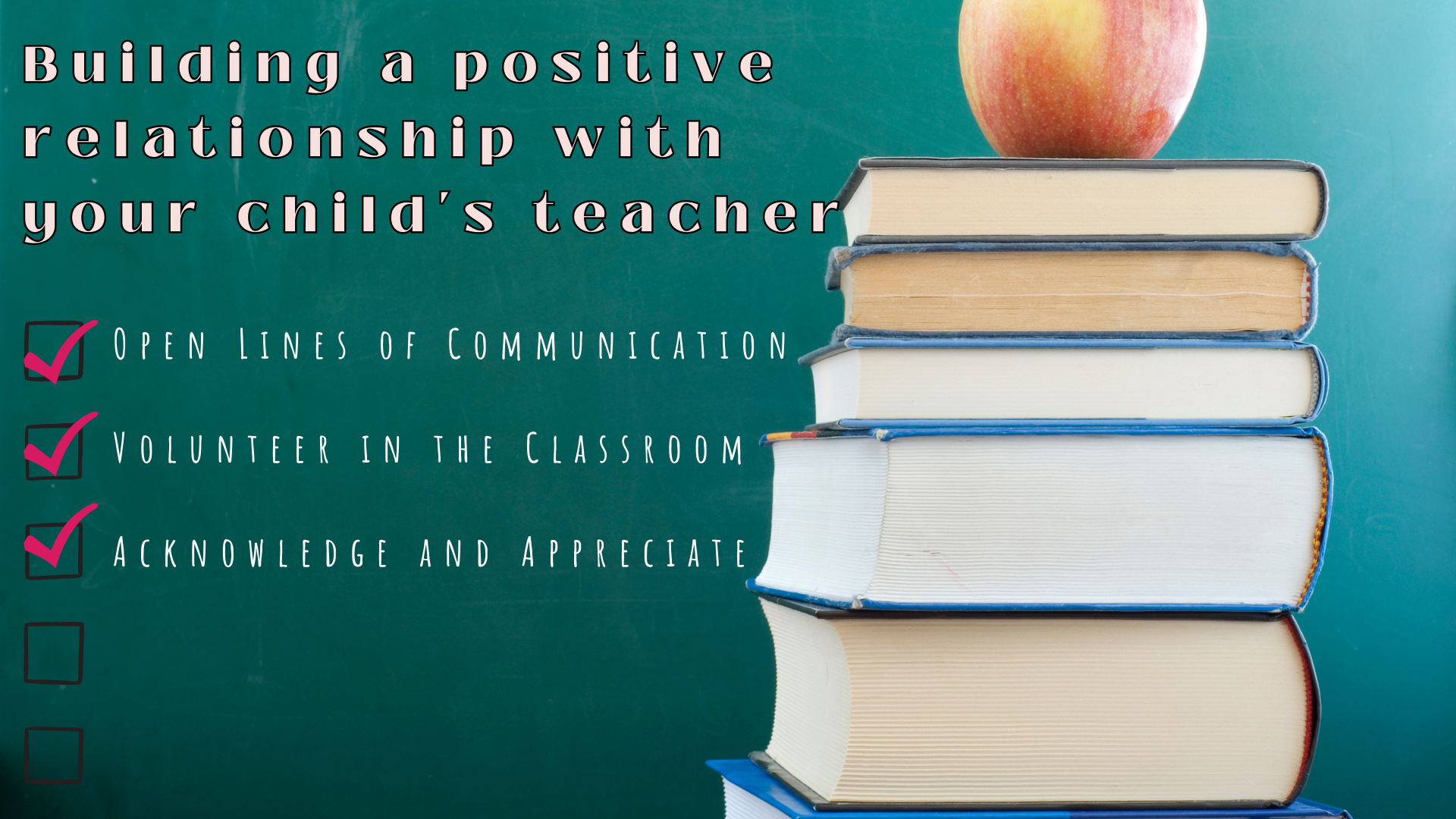Published by: Digital Schools
Positive relationships between parents and teachers are crucial in a child’s academic and personal development. In this blog, we’ll delve into effective strategies to build a strong, collaborative partnership with the educators who play a vital role in shaping your child’s life.
Establish Open Lines of Communication
Communication is the cornerstone of any successful relationship. Initiate open and honest conversations with your child’s teacher. Attend parent-teacher meetings, school events, and leverage communication tools provided by the school. Creating a comfortable environment for dialogue sets the stage for a solid foundation.
Be Proactive in Involvement
Take the initiative to stay informed about your child’s progress. Don’t wait for parent-teacher meetings to address concerns. Regularly check in with the teacher about your child’s academic and social development. Proactive involvement demonstrates dedication to your child’s education and can prevent issues from escalating.
Attend and Prepare for Parent-Teacher Conferences
Parent-teacher conferences offer an invaluable opportunity to discuss your child’s academic performance, behavior, and overall well-being. Prepare for these meetings by jotting down questions or concerns. Collaborate with the teacher to set realistic goals for your child’s growth and development.
Volunteer in the Classroom
Show commitment to your child’s education by volunteering in the classroom. This not only provides firsthand knowledge of your child’s learning environment but also demonstrates support for the teacher and the school community. Teachers appreciate and value parental involvement.
Acknowledge and Appreciate
Recognise the hard work and dedication of your child’s teacher. Express gratitude for their efforts in shaping your child’s future. A simple note of appreciation or a small gesture can go a long way in fostering a positive atmosphere.
Understand the Teacher’s Perspective
Teachers have a unique perspective on your child’s strengths, challenges, and potential. Be open to their insights and suggestions. Collaborate on strategies to support your child’s learning both at school and at home.
Be Supportive in Challenges
Inevitably, challenges may arise. Whether it’s academic struggles, behavioral issues, or other concerns, approach these challenges as a team with the teacher. Work together to find solutions and support your child’s growth.
Building a positive relationship with your child’s teacher is an investment in your child’s future. By fostering open communication, being proactive, and actively participating in your child’s education, you contribute to a collaborative and supportive learning environment. Remember, the partnership between parents and teachers is pivotal in nurturing your child’s success.


